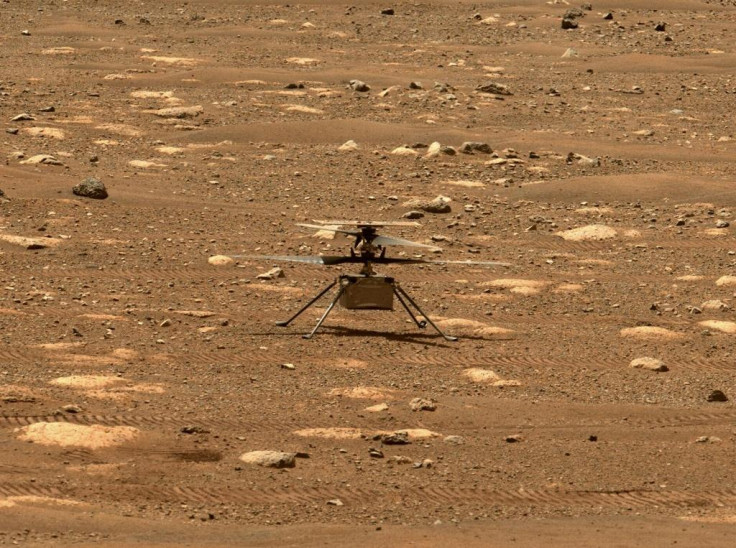Climate change could have triggered an ice age on Mars: Study
Mars was thought to have been filled with water and much more hospitable once.
Scientists and space enthusiasts have been talking about making the red planet our new home amid fears that planet earth will stop being habitable one day.
But a new study has said that Mars was once habitable and the ancient microbes that once lived in its environment caused their extinction themselves.
According to a new study published in the scientific journal Nature Astronomy, it is likely that the microorganisms on the planet lived under its surface 3.7 billion years ago.
The study reveals that these organisms caused their own extinction by depleting its hydrogen, thereby, triggering an ice age on the planet. The experts involved in the study believe that this could have been the first evidence or signs of climate change hitting the planet.
They noted that the early Martian atmosphere was most likely rich in carbon dioxide ( CO2 ) and hydrogen (H2), and the microbes caused the freezing of the planet by releasing methane and gulping down CO2 and H2.
"According to our results, Mars' atmosphere would have been completely changed by biological activity very rapidly, within a few tens or hundreds of thousands of years," said Dr. Boris Sauterey, co-author of the research.
"By removing hydrogen from the atmosphere, microbes would have dramatically cooled down the planet's climate," he added.
The researchers added that Mars would have been relatively wet and relatively warm, between minus 10 degrees and 20 degrees Celsius at that time. And that it had water in the form of rivers and lakes on its surface. The planet needed carbon dioxide and hydrogen to keep its environment warm since it is located farther away from the sun.
The planet gradually got colder as those early microbes started devouring hydrogen and producing more methane.
"So, the microbes essentially replaced a more potent warming gas, hydrogen, with a less potent warming gas, methane, which would have had a net cooling effect," Sauterey told Space.com

© Copyright IBTimes 2025. All rights reserved.






















